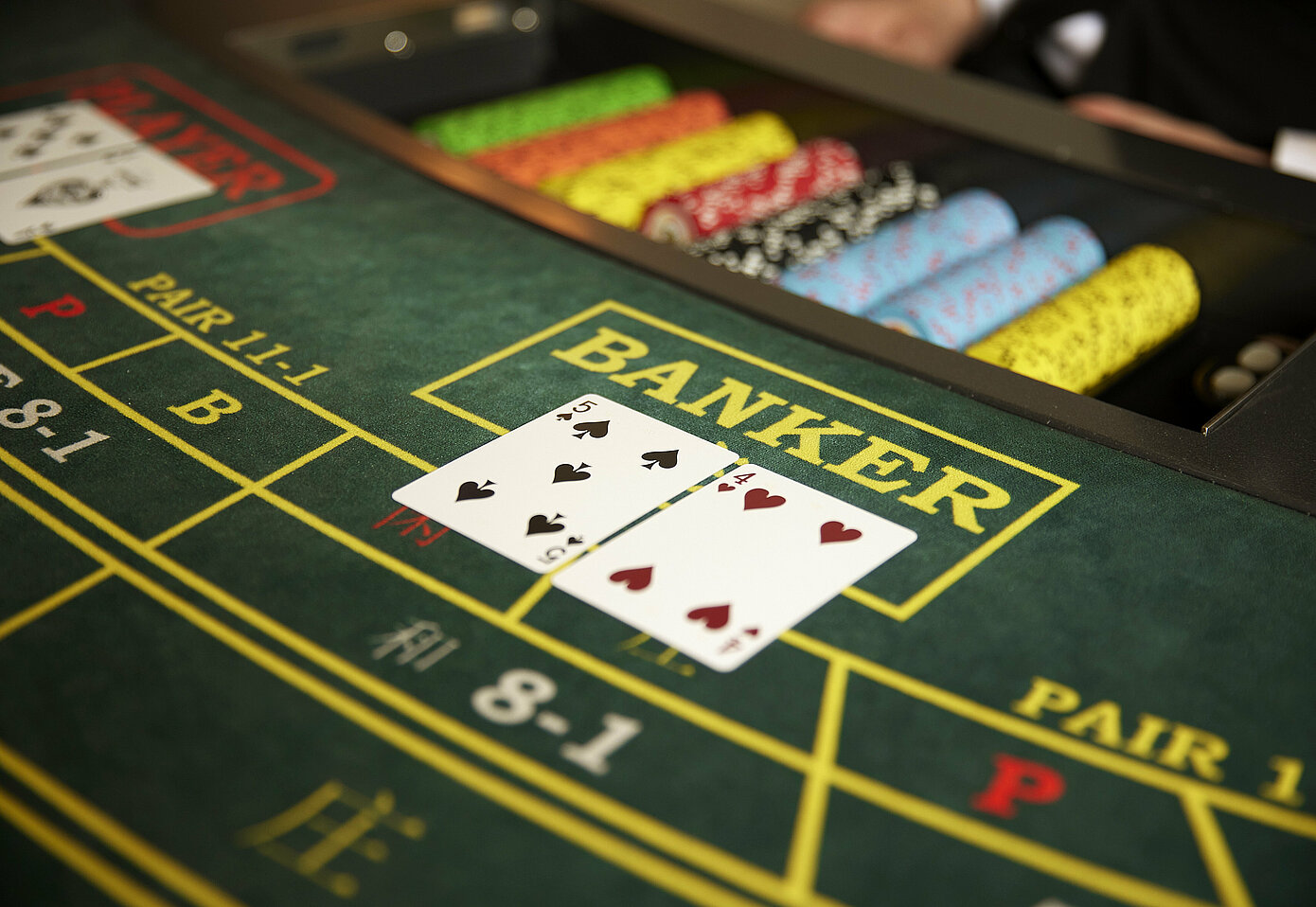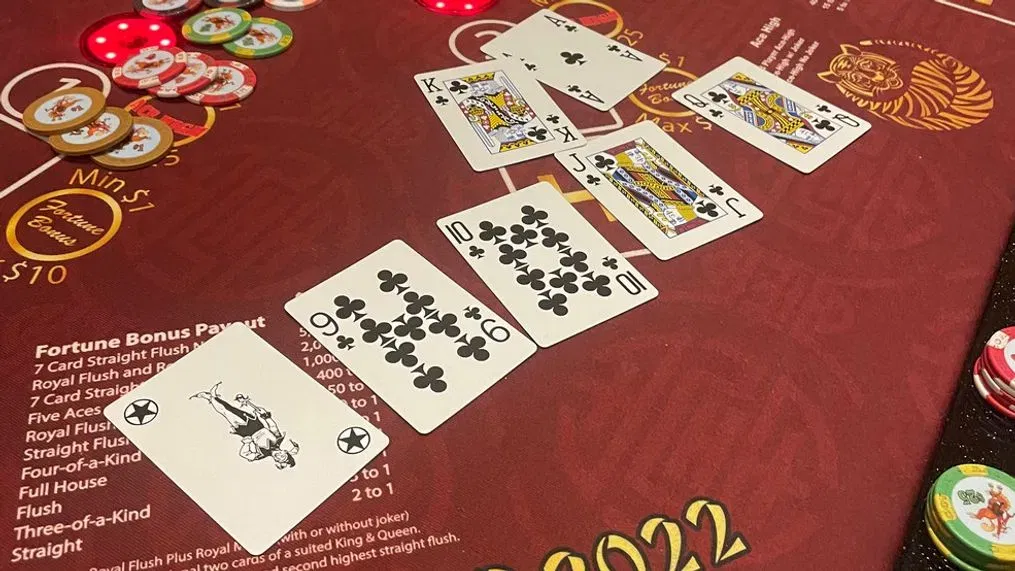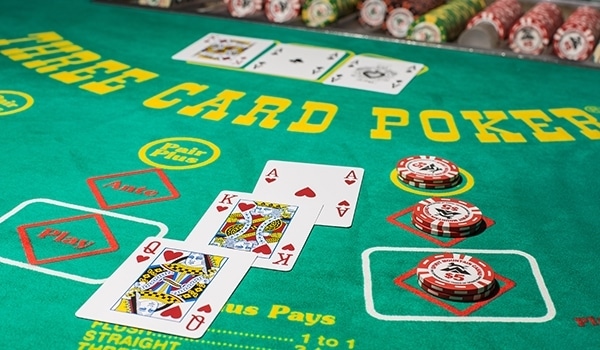Learn how to play
Poker
Poker
Poker is a family of card games that combines gambling, strategy, and skill. Players wager on the strength of their hand, with the goal of winning the pot.
RULES
- Players are dealt a hand of cards, and betting rounds ensue as players assess their hand's strength and potential.
- Common actions include "checking" (passing the action to the next player), "betting" (placing chips in the pot), "calling" (matching the previous bet), "raising" (increasing the bet), or "folding" (discarding the hand and forfeiting any bets).
- The game may have one or more rounds of betting, depending on the specific variant being played.
- The player with the best hand, or the last player remaining after others have folded, wins the pot.
- Hands are ranked according to standard poker hand rankings, with high-ranking hands beating lower-ranking ones.
- Common poker variants include Texas Hold'em, Omaha, Seven-Card Stud, and more, each with its own unique rules and strategies.
- Bluffing is a key aspect of poker, where players attempt to deceive their opponents into believing their hand is stronger or weaker than it actually is.
- Poker combines elements of psychology, probability, and game theory, making it a popular and challenging game.
- The rules of poker can vary slightly between different variants and house rules, so it's essential to clarify the rules before playing.
- Tournaments, cash games, and online poker are popular formats for playing poker, each with its own dynamics and strategies.

OTHER GAMES
This content is intended for individuals aged 18 and above.

Roulette
Roulette is a popular casino game where players bet on the outcome of a spinning wheel. The wheel contains numbered pockets, and players can wager on specific numbers, colors, or groups of numbers. details
Blackjack
Blackjack, also known as 21, is a card game where players compete against the dealer rather than each other. The objective is to have a hand value closer to 21 than the dealer's hand without going over. details
Poker
Poker is a family of card games that combines gambling, strategy, and skill. Players wager on the strength of their hand, with the goal of winning the pot. details
Baccarat
Baccarat is a card game where players can bet on the player's hand, banker's hand, or a tie. The game has straightforward rules, making it popular among both novice and experienced players. details
Craps
Craps is a dice game where players wager on the outcome of the roll or a series of rolls. It's known for its fast-paced action and myriad betting options, making it a favorite among casino enthusiasts. details
Slot Machines
Slot machines, also known as fruit machines or one-armed bandits, are popular casino games where players spin reels to match symbols and win prizes. They come in various themes and formats, offering entertainment for players of all preferences. details
Pai Gow Poker
Pai Gow Poker is a variation of the traditional Chinese game of Pai Gow, played with a standard deck of 52 cards plus one joker. Players aim to create two poker hands—one high hand and one low hand—that beat the dealer's corresponding hands. details
Three Card Poker
Three Card Poker is a fast-paced casino game based on poker hand rankings. Players aim to beat the dealer with a three-card hand, making it an exciting and straightforward game for both beginners and experienced players. details